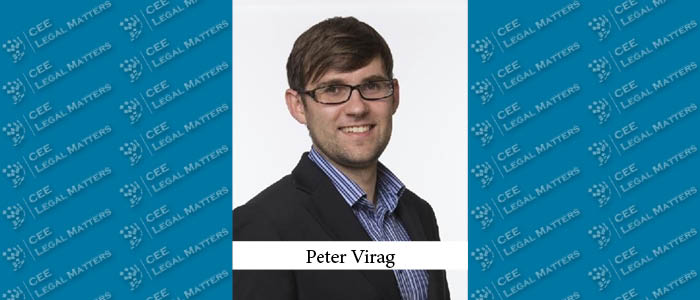As of 1 August 2024, the maximum amount of the fine that can be imposed by the Hungarian Competition Authority (“HCA”) will increase from 13% to 15% during the state of war emergency.
The Hungarian Government, by the decree no. 184/2024. (VII. 8.) published on 8 July 2024 (“Decree”), ordered the application of derogative rules regarding the fine cap that may be imposed on undertakings that violate the provisions of the Competition Act. Under the Decree, for competition law infringements committed after 1 August 2024, the HCA may impose a fine of up to 15% of the annual group turnover of the infringing undertakings instead of the 13% provided for in the Competition Act during the period of the state of war emergency.
As a model based on EU competition policy, the maximum fine that the HCA could impose for competition law infringements amounted to 10% of the net turnover of the undertaking or group of undertakings concerned over a long period of time. The first departure was made in September last year when the Competition Act was amended, and the fine cap raised from 10% to 13%. Although the Decree did not amend the Competition Act and the 15% fine cap will apply during the period of the special legal regime of war emergency (which currently means until 20 November 2024, but probably until the end of the Russian-Ukrainian war), overall the maximum fine that the GVH can impose has increased by one and a half times in the past year.
Although the change seems to be a matter of arithmetic at first glance, it raises some important questions of law enforcement. The first of these questions is whether the 15% fine cap will apply to continuous infringements where the infringing conduct of the undertakings concerned took place before the effective date of the Decree but continued after the Decree entered into force. Furthermore, it may be questioned whether the 15% fine cap will apply in cases where the infringing conduct giving rise to the imposition of the fine took place after the effective date of the Decree, but the fine is imposed only after the potential end of the war emergency situation or the GVH will revert to the 13% fine cap provided for in the Competition Act in such cases instead.
Although the application of a fine cap higher than 10% may seem rather unorthodox in the European Union, it is not incompatible with EU law, given that the 10% limit is a minimum expectation for Member States under the ECN+ Directive as regards the maximum fine, not an absolute cap which should prevent Member States from maintaining or introducing a higher maximum fine. However, the increased fine cap in the Decree may lead to an interesting situation with regard to jurisdictional issues between the HCA and the European Commission in the case of parallel proceedings, as the maximum fine will be higher if the HCA imposes it than the European Commission.
It is important to note, that the maximum amount of the fine is in fact only an upper limit and do not serves as a basis for the calculation of the fine. Therefore, it could be questioned whether the increase of the fine cap will have indeed an upward effect on the amounts of fines to be imposed in the future.
By Peter Virag, Senior Counsel, Oppenheim Law Firm




